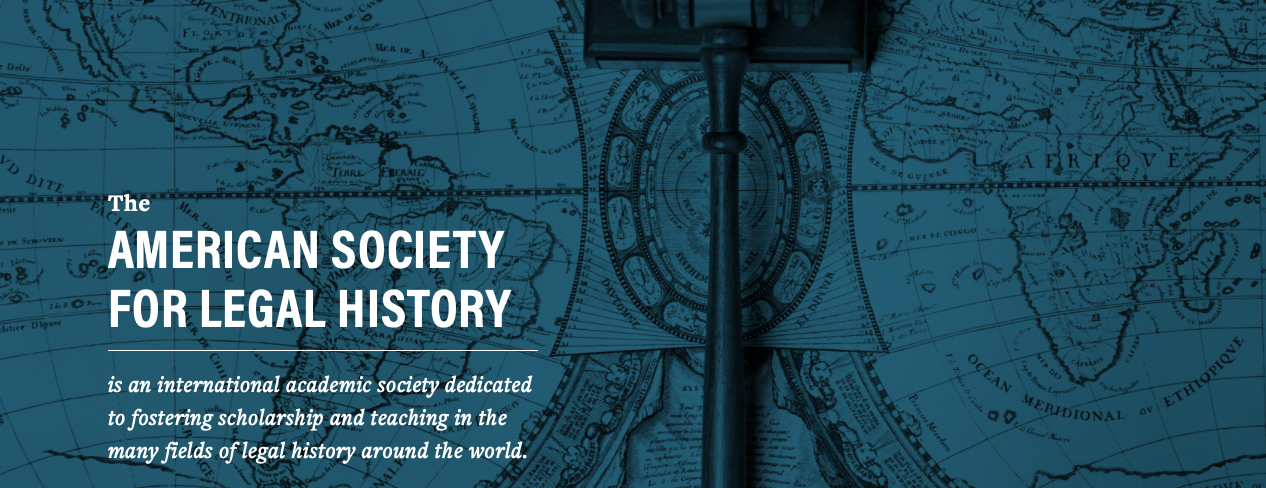The American Society for Legal History has awarded the 2019 Mary L. Dudziak Digital Legal History Prize to the UVA Law Library’s Scottish Court of Session Digital Archive (SCOS). SCOS is a digital archive and research platform produced by the University of Virginia Law Library that makes accessible roughly 10,000 printed documents produced by Scotland’s supreme civil court in the eighteenth and nineteenth centuries.
The SCOS documents, formally known as Session Papers, tell a new and understudied story of life, law, and trade in the British Atlantic world. Cases before the Court regularly involved underrepresented groups, despite their apparent absence from available case indices, law reports, and, most notably, scholarship. As a result, the papers contain rich narratives of women, enslaved persons, and laborers who lived in the British Atlantic world during the era of the American Revolution. These are documents about people, often in their own words, circulating in these spaces as they protected their physical and intellectual property, conducted business, engaged in marriage or divorce, and established personal and economic connections that transcended political borders. By digitizing these materials, providing fully searchable page text, and describing them with rich metadata, SCOS presents new avenues for scholarly inquiry across many fields, particularly legal history.
Team members Loren Moulds, Randi Flaherty, and Jim Ambuske (clockwise from front) examine volumes of Session Papers.
In 2019, the project team based within Law Special Collections re-launched the SCOS website with enhanced tools for exploring the collection, including curated themes that align with current interests in the field of legal history and a full-text search function that displays snippets of relevant documents. This launch followed a complete redesign of the project database led by Loren Moulds and Jim Ambuske. The Law Library debuted this intellectual work and technological overhaul in July 2019 at a conference held by the International Society for Eighteenth-Century Studies. Continued digitization, rich description, and new features are planned through 2020.
For scholars and students of legal history, these seemingly unlikely sources provide a new Atlantic perspective on America’s colonial and early national periods. The project responds to emergent trends in academic scholarship centered on Atlantic and global history, women’s history, slavery and the law, and the history of capitalism. Providing scholars with ready access to these court papers has revealed a fascinating world of women, men, and children and their relationship to the law.

